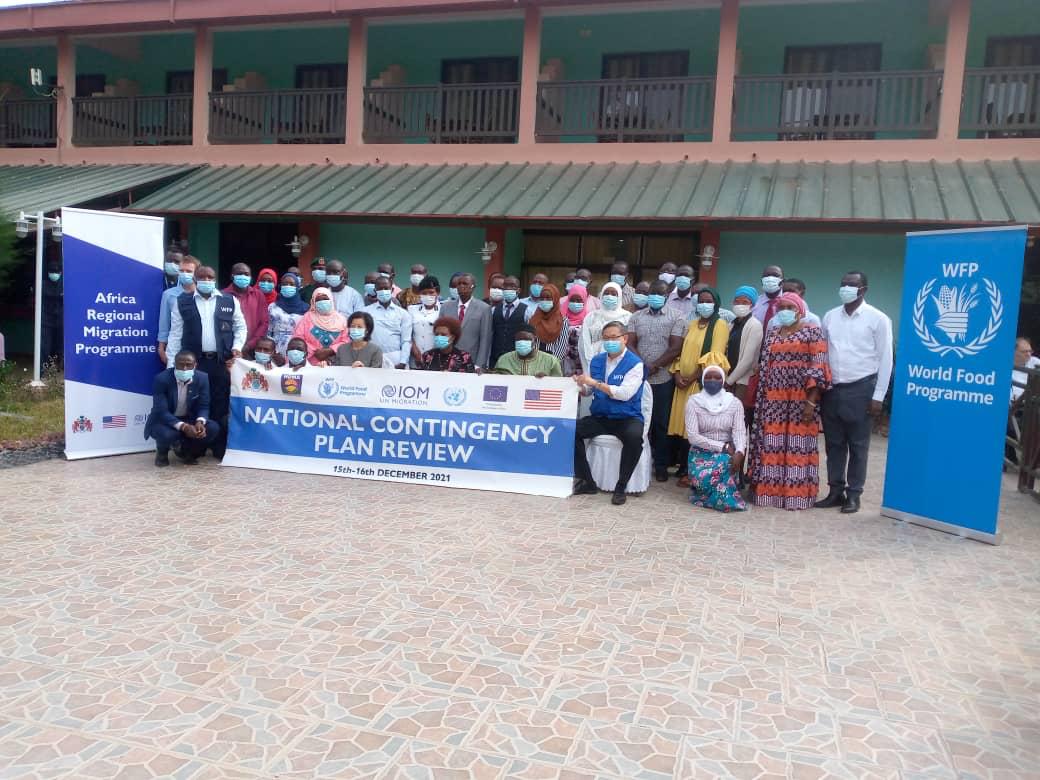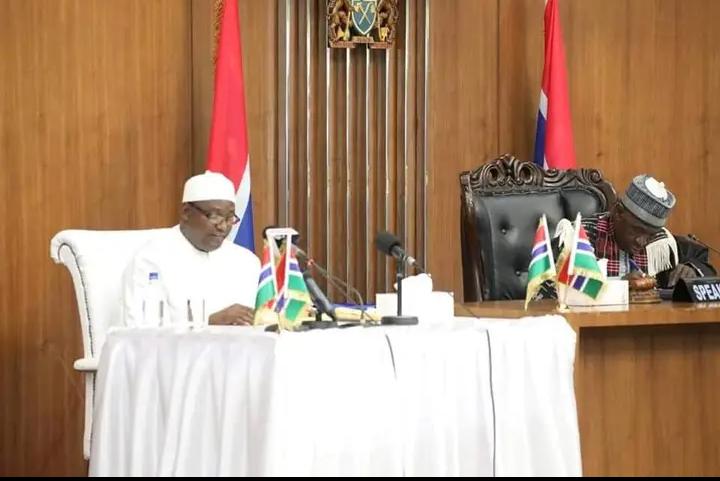The National Disaster Management Agency in collaboration with the United Nations, International Organization for Migration, World Food Programme and other partners in Dakar, Senegal, on Wednesday 15th December 2021, held a two-day programme for the review of the National Contingency Plan 2022 to 2025.
The plan is expected to serve as the blueprint for preparing and responding to disasters in the Gambia. The event was held at a local hotel in Senegambia.
The national multi-hazard contingency plan will help key actors to vision and solve disasters in an effective and timely manner. The main purpose of the plan is to ensure a coordinated and efficient humanitarian response in all situations that may affect the country.
The contingency plan identifies the main contingencies for pre and post emergencies, through a multi-sectoral approach. Sana Dahaba is the Executive Director of the National Disaster Management Agency.
“As an agency, we are committed to providing a common framework for intervention of all partners in disaster preparedness and response to reduce and mitigate those risks to be identified from this two-day technical session on the plan,” Sana Dahaba said. “I wish to express my appreciation to participants for turning out on time and kindly urge you all to give your utmost best throughout the process.”
Mr. Dahaba said the institution is committed to ensuring that the humanitarian response targets mitigating the adverse impact of hazards on the people.
Seraphine Wakana is the United Nations Resident Coordinator. She said the country is prone to a variety of hazards, adding that The Gambia has been experiencing recurrent disasters for several years especially with the advent of climate change.
“As you may be aware, The Gambia is prone to a variety of hazards. The UN Common Country Analysis (CCA) which is the UN systems joint analysis of development challenges the country is facing shows that the intensity and frequency of these disasters have increased progressively, leading to floods and occasional droughts, and affecting the lives and livelihoods of communities and households,” she said.
She further noted that the contingency plan will incorporate inputs from the regional contingency plans while pointing out that work will be more operational and practical. Ms. Wakana went on to state that the Disaster Management Agency has demonstrated strong leadership in the coordination of relief assistance to the victims of a windstorm that hit the country in June this year.
Yasuhiro Tsumura is the World Food Programme representative. He spoke about the importance of the event. “The contingency plan is important; it can be processed. But having the document itself is not the ultimate objective,” Yasuhiro Tsumura said. “It is very important for everyone to know when disasters are to occur. People need to know what, who, how and when things occur.”
Various speakers commended the organizers of the event while assuring their firm support in combating disaster and climate change in the country.
By Dawda Baldeh






Leave A Comment